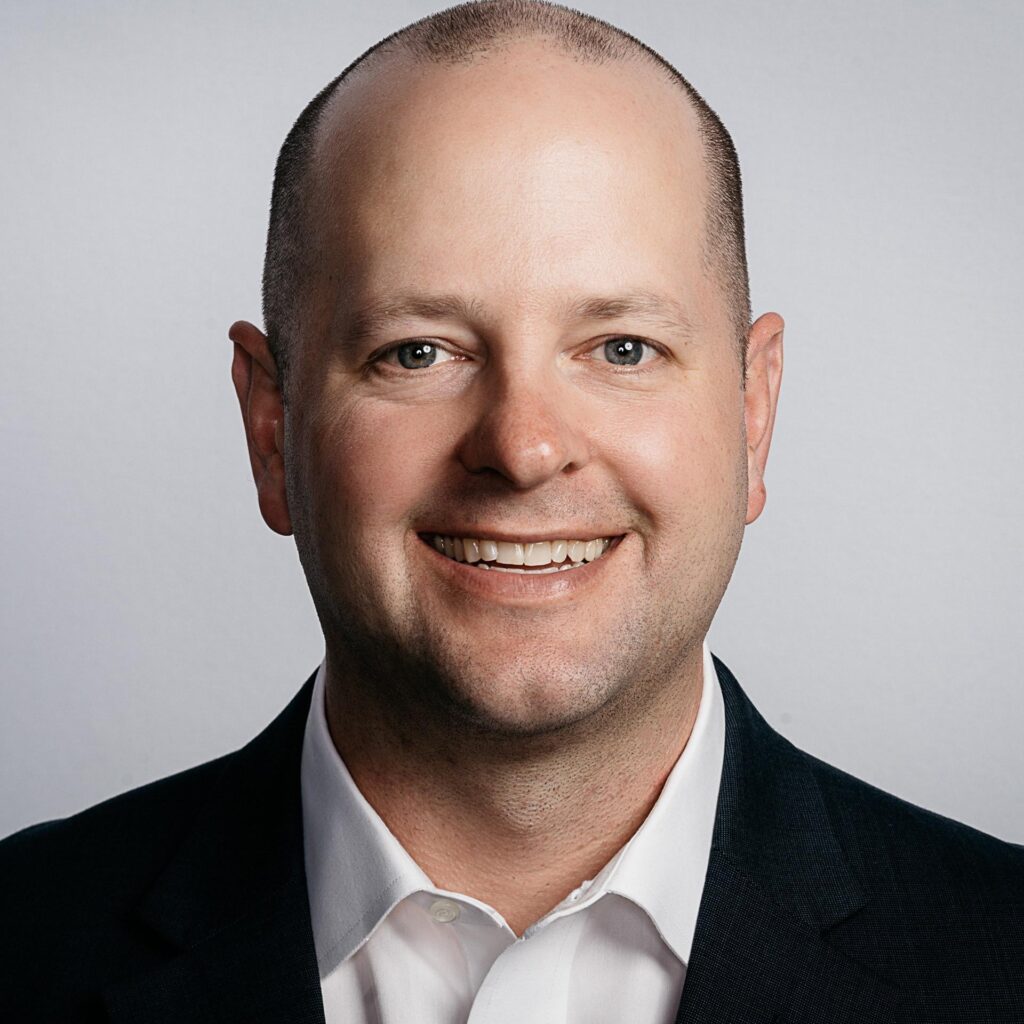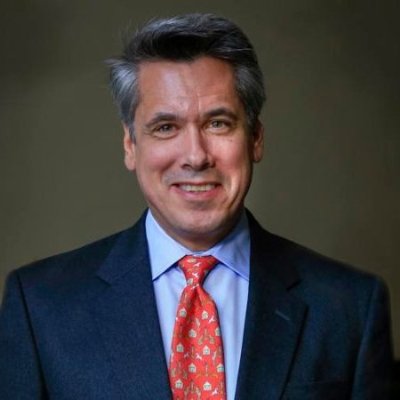Eric Stockland, head of quantitative strategy at BMO Capital Markets, said electronic equity trading is in a “golden age” as venues compete for institutional business on performance, rather than fees.
Stockland told Markets Media that BMO Capital Markets trades very disproportionately to overall market share as the firm chooses venues where it gets the best trading outcome which provides more incentive for electronic venues to compete.

“We are excited for change,” he added. “It is a golden age to be in electronic trading because venues want our business and they want to win it on performance, not on fees.”
He noted innovation from Cboe Global Markets in equities trading including rolling out periodic auctions in the US this year, and building order types such as the midpoint discretionary order and the quote depletion protection order.
Stockland also highlighted new alternative trading systems in the US such as OneChronos and PureStream, in which BMO is a minority investor.
“We are excited about the OneChronos ATS as their expressive bidding model is really interesting,” he added. “We are starting with simple trades and running tests to evaluate execution quality before we use expressive bids.”
BMO Capital Markets has executed its first trades on the PureStream ATS platform in both the US and Canada. PureStream offers a very different model for matching client interest based on the rate of trading, rather than the price.
Venues have also been moving towards innovation focusing on performance, rather than fees, as the US Securities and Exchange Commission has highlighted disclosure of execution quality and best execution.

Gary Gensler, chair of the SEC, has asked staff to consider recommending that the regulator proposes its own best execution rule for equities and other securities.
He said in a speech: “In addition, broker-dealers and investors might benefit from more detail around the procedural standards brokers must meet when handling and executing customer orders.”
As a result, Stockland said brokers who have the capability to take a systematic approach to electronic trading and experiment across venues and order types will continue to differentiate their electronic offering as they compete on overall performance.
Volatility
Increased volatility also drives the buy side to take a closer look at how they are trading because the stakes are higher, according to Stockland. He continued that heightened volatility also leads to a chance to deepen relationships.
“When markets are chaotic, you find out how important you are as a customer to a broker and vice versa,” said Stockland. “I think there is a real chance to differentiate yourself in a crisis because if you show up when clients really need you, it resonates for a long time.”
The advice Stockland would give the buy side in difficult market conditions is to make time to collaborate and be willing to experiment.
“Collaboration and experimentation requires some vulnerability and a willingness to challenge your assumptions during which you form a partnership,” he added. “It takes time, it is difficult and noisy, but the payoffs can be incredible and can persist for a long time.”
Growth
In May this year BMO Capital Markets launched algorithmic trading in European equities. Stockland said trading frictions in the region, such as the lack of a consolidated tape and extreme fragmentation, are opportunities for the Canadian firm to differentiate itself by helping clients overcome these issues.
“We believe what is differentiating BMO in the US and Canadian markets is portable to other market structure jurisdictions including those in EMEA,” added Stockland. “BMO will overweight venues and order types that provide an edge in trading, we pair that with excellent client coverage and a robust empirical process to measure and improve trading outcomes. “
Stockland argued that another differentiator in electronic trading is that BMO Capital Markets is committed to innovate, which is evident in its acquisition of Clearpool, a technology company that has built green field algos since the firm was founded. In addition to the acquisition, BMO Capital Markets’s expansion in EMEA is a testament to its ability to retain and hire a talented team of developers that continue to refine the offering in North America and spin up a platform developed for the EMEA market microstructure.
“We align ourselves around an agile methodology so we are very rapid and precise in delivering regular updates to the system,” he said.
Stockland said business has been booming as BMO Capital Markets’ electronic trading business is onboarding new clients on a regular basis, although the firm does not publicly disclose electronic trading volumes.
“We have been on fire lately as an electronic franchise because differentiation, execution quality, coverage and collaboration are exacerbated in peak volatility,” he said. “I think clients are voting with their feet.”
However, he described winning the first trade as just the starting gun. It is a slow process to prove execution capability which involves the first month of data, the first quarter of data and continual improvement. It then takes years to develop a relationship so revenue, commercial and volume expectations are muted in the first 12 months but are expected to grow over many years as long as the firm continues to hustle, cover, innovate and perform.
“We are injecting a tonne of investment into both high- and low-touch trading,” said Stockland. “There is an aura of optimism on the desk, on the floor and with our colleagues and clients, as finding performance gains is fun.”




